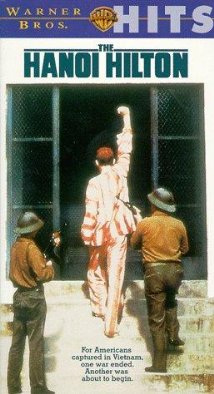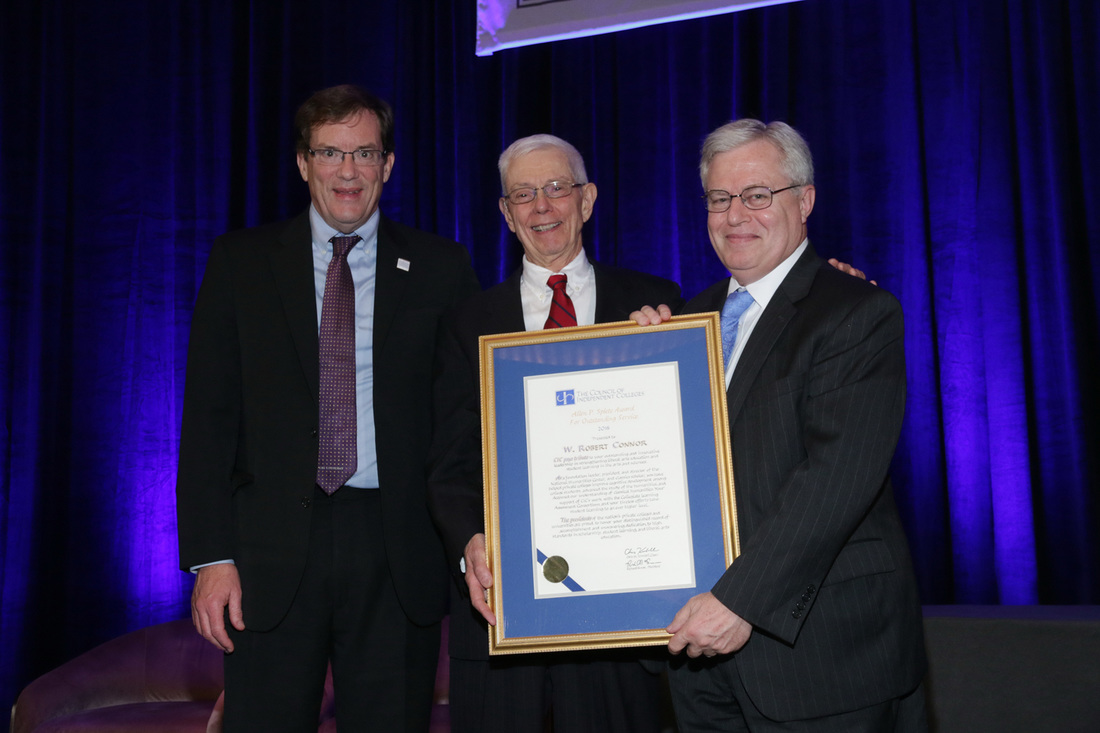Robert Newman, the new Director of the National Humanities Center, has spoken eloquently about “humanities moments.” Here’s another one fr his collection; it’s an excerpt from a lecture I gave some while ago at Middlebury College:
In the Hanoi Hilton, the place where the North Vietnamese imprisoned and often tortured American captives during the Vietnam War, the US prisoners tapped out poetry in code.[1] Their captors would not allow them to speak to one another. But they didn’t notice the tapping -- or didn’t understand what it was about.
Here’s the code they used. It breaks the alphabet into five lines, each with five letters in it. So any letter (forget about K) can be conveyed through two sets of taps. A is 1,1; Z is 5,5. The code ’s five lines are :
Line One: A B C D E
Line Two: F G H I J
Line Three; L M N O P
Line Four: Q R S T U
Line Five: V W X Y Z
“K” is either C or two, six
So if I want to say “Hi, friends” I tap out (2,3) then (2,4).
(2,1), (4,2), (2,4), (1,5), (3,3) (1,4), (4,3)
John Borling wrote poetry that way and his fellow prisoners memorized it. It may not have been great poetry, but it kept them going. ,,
Poetry can do that, as William Carlos Williams reminds us in Asphodel:
“It is difficult
to get the news from poems
yet men die miserably every day/
for lack/of what is found there.”
(And thanks again to Robert Newman for calling my attention to this passage).
[1] Bill Keller “On Keeping On” The New York Times February 25, 2013.



 RSS Feed
RSS Feed
